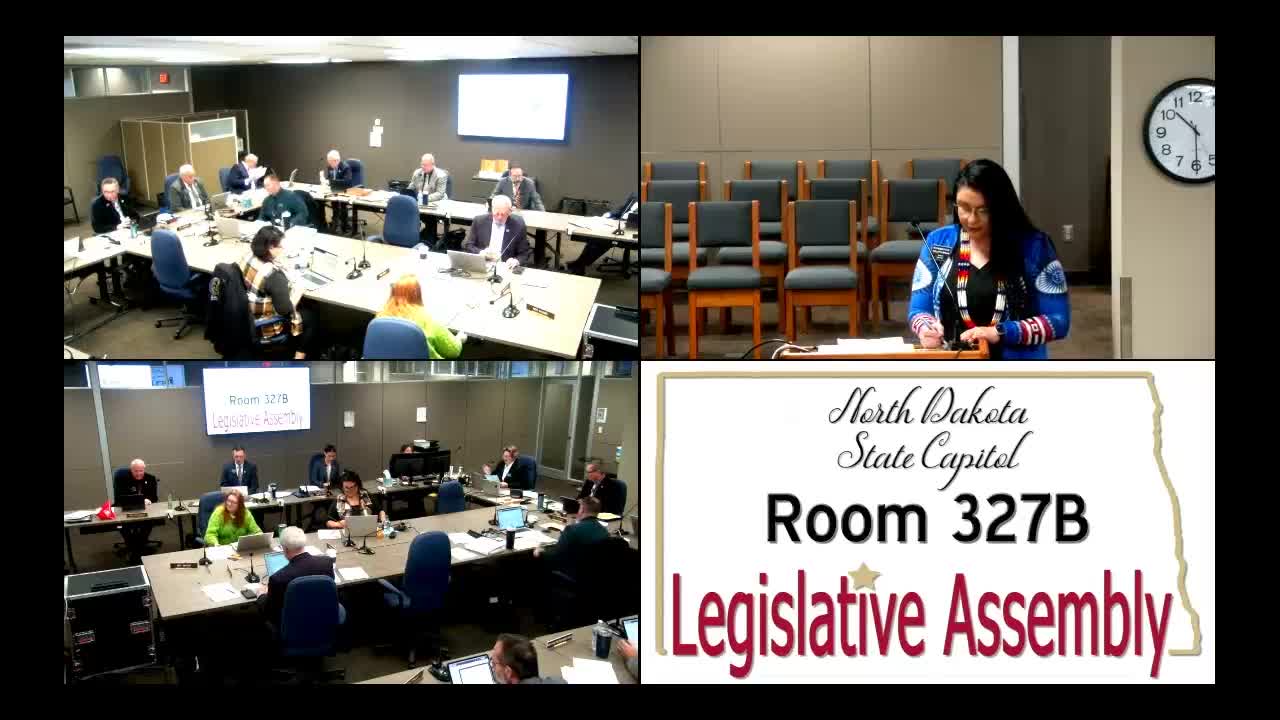Bill would require Indian Affairs Commission to review measures and trigger tribal consultation before hearings
Get AI-powered insights, summaries, and transcripts
Subscribe
Summary
Representative Colette Brown asked the House Political Subdivisions Committee to require the Office of Indian Affairs to review introduced measures and, when a bill would have a direct effect on a tribal nation, to trigger formal consultation with the affected tribe before a committee hearing.
Representative Colette Brown introduced House Bill 14-55, which would require the director of the Office of Indian Affairs (the Indian Affairs Commission) to review legislative measures introduced during a session and determine whether a measure may have a direct effect on one or more tribal nations; if so, the office would initiate consultation with tribal governments before any standing-committee hearing.
Nut graf: Supporters framed the bill as a process step to honor tribal sovereignty, reduce surprises, and produce better-informed legislation for issues that affect tribal governments, tribal citizens, tribal revenues and services. They said consultation would build trust and help prevent unintended consequences of laws adopted without tribal input.
Representative Brown described consultation as a bridge between state and sovereign tribal governments and said tribal nations should be actively involved when proposed measures would have substantial, tangible effects on tribes’ people, governance, resources or cultural practices. Co-sponsors and tribal leaders testified that existing, informal outreach occurs but lacks consistent structure and direct contact with tribal chairs.
Brad Hawk (director of Indian Affairs, appearing in neutral) and other speakers described the office’s role as a liaison that already tracks and shares bill information with tribal governments but acknowledged the office’s limited staff (four FTEs) and the workload implications of a formal statutory review and consultation requirement. Tested observers estimated the office tracks dozens of bills affecting tribes each session and said workload could fluctuate (estimates in hearing ranged to 20–100 bills in different sessions).
Opponents were not presented in the record; supporters included tribal chairs and several legislators. Committee members asked about timing (pre-filing vs. introduced bills), the scope of consultation, and whether the office would require additional resources to meet the new statutory duty.
Ending: The hearing closed with committee members expressing interest in the concept but questioning resource implications and implementation details; the bill was left for further committee consideration and possible amendments about scope and process.
